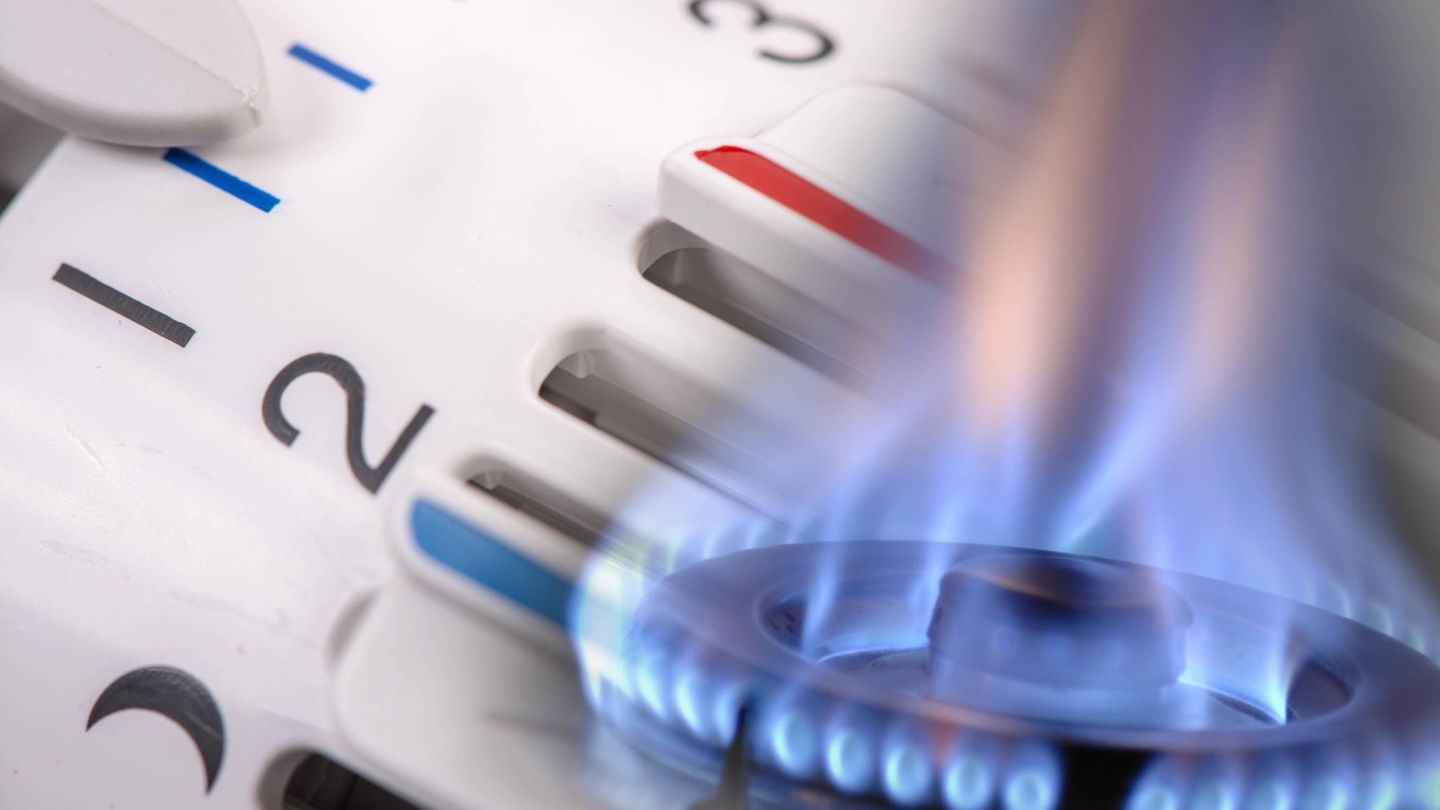Opinion
According to a consumer portal, the price of gas has risen by 25 percent within two months. Users of gas heating systems are facing difficult times. But they should have known.
Recently, an acquaintance who could be described as ecologically tone-deaf revealed a surprising insight: “If only we had listened to Robert Habeck,” he said, looking rather dejected. Background: He is one of the approximately 800,000 Germans who had a new gas heating system installed in 2023. Despite the previous gas price shock. And although the Federal Minister of Economics had strongly recommended heat pumps to contain heating costs. My acquaintance dismissed heat pumps as ideological-green “nonsense”. He was convinced that the price of gas would soon settle back to a stable, low level.
This certainty has vanished since he read the latest analysis by the price portal Verivox: for new customers, gas has become 25 percent more expensive within two months – on average by 1.6 cents per kilowatt hour (kWh). According to the experts, there are two main reasons for this: firstly, wholesale prices are rising significantly. Secondly, since April, 19 percent VAT has been due on gas again, which had been temporarily reduced to seven percent due to the gas price explosion; this alone raises the gas price level by eleven percent.
Gas price will continue to rise
There is no longer any reason to doubt that the price of gas will only go in one direction in the long term: upwards. This is why natural gas heating is likely to become an incalculable risk for many families. From July, the “gas storage levy” that finances the filling of gas storage facilities for the winter will rise from 0.18 cents per kilowatt hour to 0.25 cents. At the same time, wholesalers’ dependence on liquefied natural gas (LNG) is increasing – and this costs much more on the world market than the fossil fuel that used to flow to us from Siberia via Russian pipelines. It is also difficult to predict how far the next geopolitical upheaval will catapult the price up again.
After all, the price increase is intentional. The federal government is relying on a CO2 tax to comply with international climate protection requirements. This tax on fossil fuels has been due since 2021 and is increasing using a tiered model. In 2021, a ton of CO2 cost 25 euros. In 2024, it will be 45 euros. In 2026, it will be up to 65 euros. From 2027, CO2 prices will be freely determined – this can get really expensive. The commodity traders pay the tax, but of course they pass the costs on to consumers one-to-one via the invoices.
The more heat pumps run, the more gas costs
Experts also expect gas prices to rise in the long term because more and more people are switching to alternative heating systems, especially heat pumps, and gas demand is falling. Investments in gas infrastructure would then become more expensive, which would also have an impact on consumer prices.
I have the feeling that my friend is now really annoyed about his decision to use gas heating, even if he doesn’t openly admit it. He always said that a heat pump was technically unsuitable for his 1985 single-family home anyway, and that he “didn’t want to freeze”. We proved him wrong – without meaning to. Our house was built in 1963, and a heat pump has been heating it since February. It works so effectively even on cold days that it surprised us. On average, we produce 3.4 kilowatt hours of heat with one kilowatt hour of electricity. Since most of the electricity comes from the photovoltaic roof (purchased green electricity costs us 27 cents per kilowatt hour), we now heat not only CO2-free, but also extremely inexpensively.
A new gas heating system is usually a bad investment
Today, my friend would certainly decide differently, especially because he discovered that the government subsidizes the installation of a heat pump by up to 70 percent. Unfortunately for him, he will have to live with his new gas heating for the next 15 to 20 years to prevent his investment from failing completely financially.
Source: Stern
I have been working in the news industry for over 6 years, first as a reporter and now as an editor. I have covered politics extensively, and my work has appeared in major newspapers and online news outlets around the world. In addition to my writing, I also contribute regularly to 24 Hours World.




